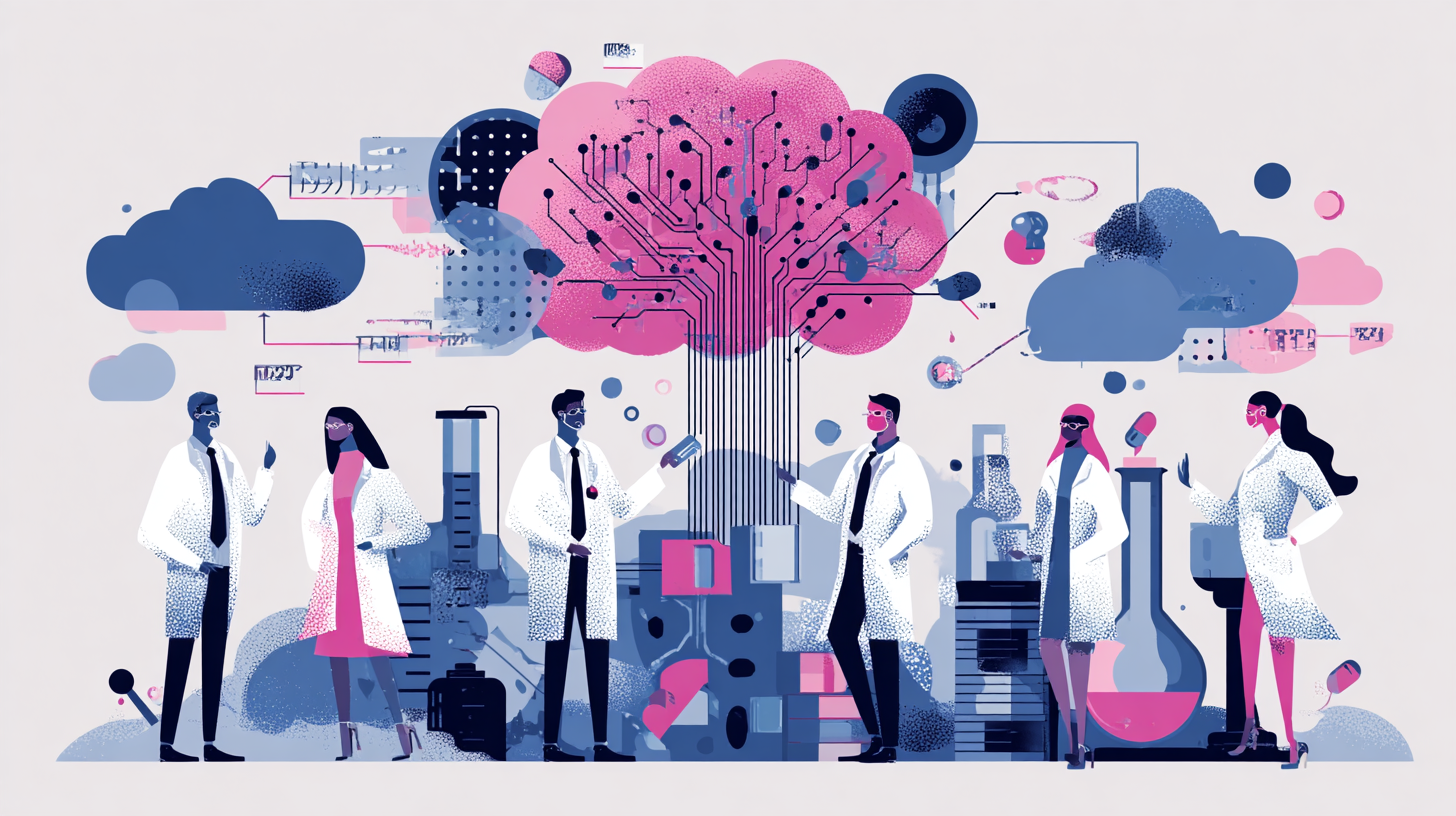Enhancing Data Infrastructure and Integration
AI technologies serve as the bridge that connects disparate data sources. With machine learning algorithms, you can mine and interpret massive datasets quickly and efficiently. AI helps you integrate these datasets into a unified platform, providing a holistic view of operations. This capability allows you to analyze patterns and trends that may go unnoticed if each dataset were examined in isolation. The result? Improved decision-making processes that can drive faster drug development timelines and enhance research efficiency.




